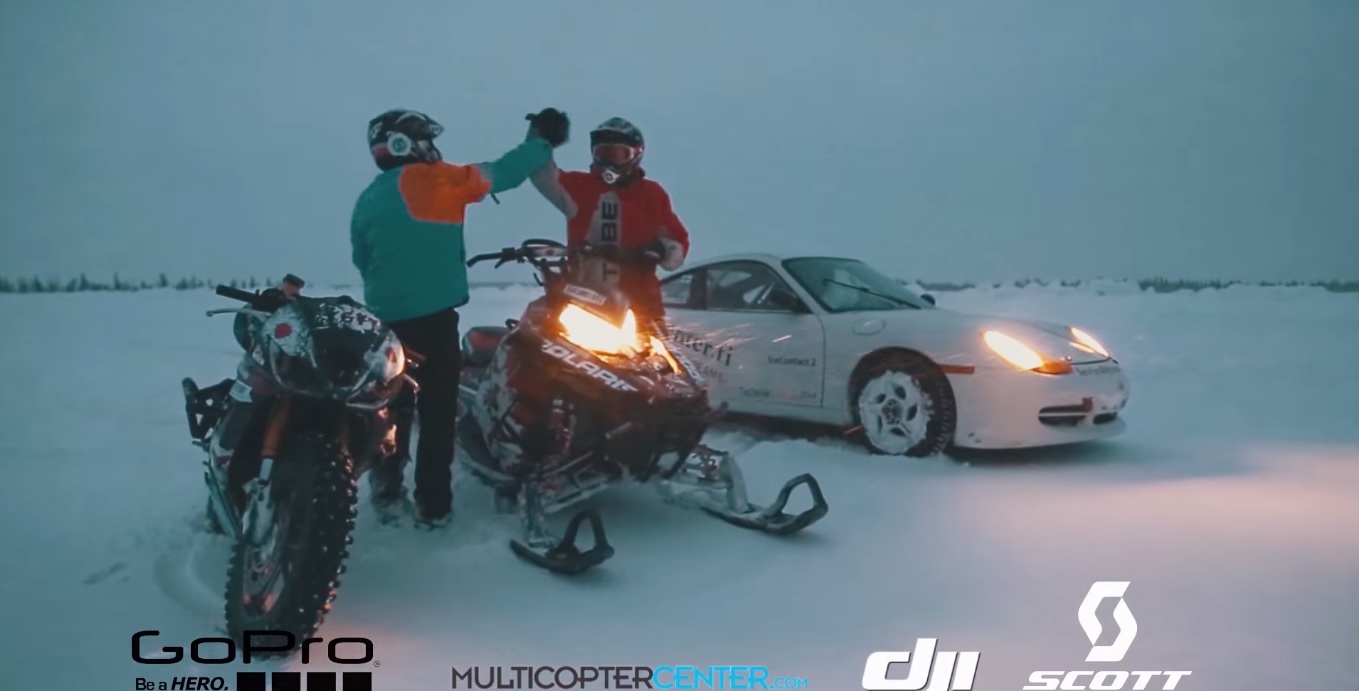Snowmobiling is an exhilarating winter activity enjoyed by many, but it comes with its own set of risks and safety considerations. Whether you’re a seasoned rider or new to the sport, following essential snowmobiling safety tips is crucial to ensure a safe and enjoyable experience.
Take a Snowmobile Safety Course
If you’re new to snowmobiling or haven’t been in a while, consider taking a snowmobile safety course. These courses provide valuable training on safe riding techniques. They also often include information on how to handle different terrain and weather conditions. You’ll want to learn essential navigation and emergency procedures in case anything happens. A safety course can increase your confidence and preparedness on the trails. If you’re getting ready to shop at ski doo dealers utah go ahead and sign up for a safety course as soon as possible.
Wear Appropriate Gear
Proper gear can make a significant difference in keeping you safe while snowmobiling. Always wear a DOT-approved helmet. Dress in layers to stay warm and dry, and make sure your clothing is designed for cold weather and wind protection. Wear insulated gloves, goggles, or a helmet visor to shield your eyes from wind, snow, and debris.
Know the Trail and Weather Conditions
Before heading out, check the local trail conditions, weather forecast, and avalanche risk if applicable. Familiarize yourself with the trail map and terrain, and let someone know your intended route and estimated return time. Avoid riding in poor weather conditions, especially if visibility is compromised. Be prepared to turn back if conditions deteriorate while you’re out on the trails.
Ride at a Safe Speed
Excessive speed is a common factor in accidents. Always ride at a safe and controlled speed, especially if you’re in unfamiliar areas, on narrow trails, or in low-visibility conditions. Slow down around corners, hills, and obstacles. Keep a safe following distance from other riders to allow enough reaction time. Remember that icy and unpredictable terrain can affect your ability to stop quickly.
Avoid Alcohol and Drugs
Just like any other motorized activity, snowmobiling requires full concentration and coordination. Alcohol and drugs impair your judgment, reaction time, and coordination, making accidents more likely to occur. Avoid alcohol and drugs before or during your snowmobiling outings, and choose a designated sober rider if riding in a group.
Stay on Designated Trails
Stick to designated snowmobile trails and avoid trespassing on private property or areas where snowmobiling is prohibited. Straying off designated trails can lead to accidents, damage to the environment, and legal consequences. Respect trail rules and closures, and be mindful of other trail users such as cross-country skiers and wildlife.
Bonus Tip: Carry Safety Essentials
In addition to the main safety tips mentioned above, it’s essential to carry a few safety essentials with you.
Communication Device: Carry a fully charged phone or a satellite communication device in case of emergencies.
First Aid Kit: A basic first aid kit can be invaluable if you or someone in your group gets injured. Have at least a small kit to handle emergencies until medical care is available.
Emergency Tools: Bring tools such as a small shovel, rope, and a basic toolkit to handle minor repairs and to help in case you get stuck.
Avalanche Safety Gear: If you’re riding in areas prone to avalanches, carry proper avalanche safety gear including a beacon, probe, and shovel.
Snowmobiling can be an exciting and enjoyable winter activity, but safety should always be a top priority. Wearing appropriate gear, taking a safety course, staying informed about trail and weather conditions, riding at safe speeds, avoiding substances that impair your abilities, and respecting trail rules are all essential components of a safe snowmobiling experience. Remember, responsible and cautious riding not only protects you but also ensures the safety of fellow riders and the environment.

